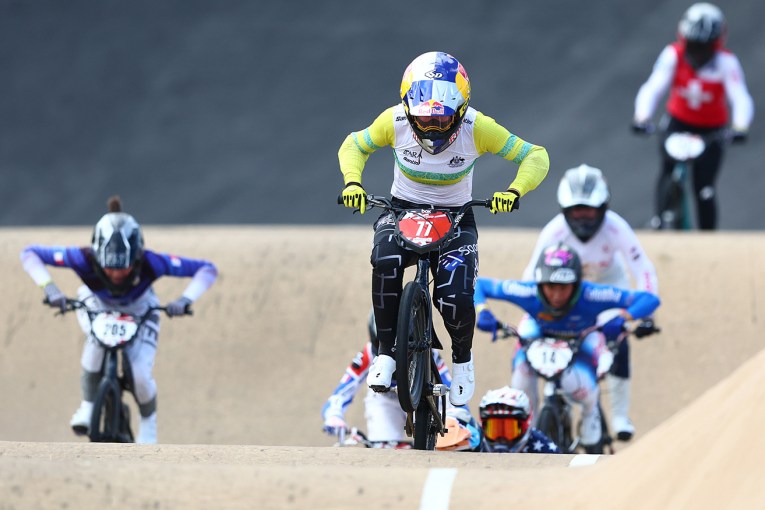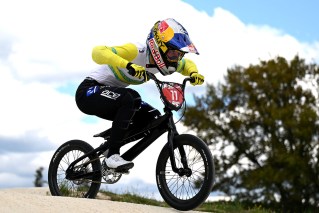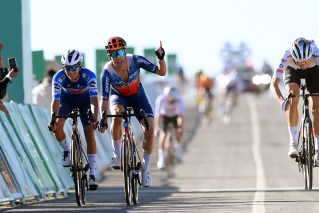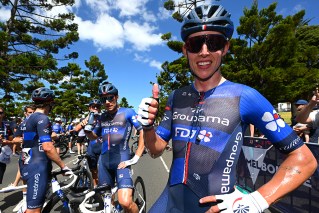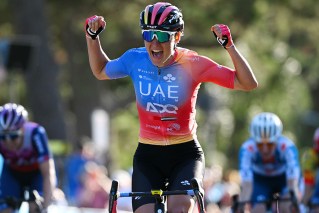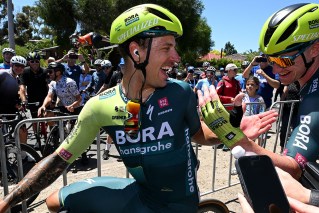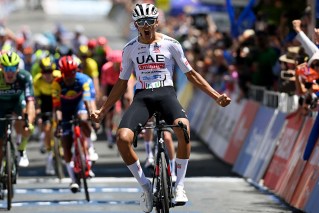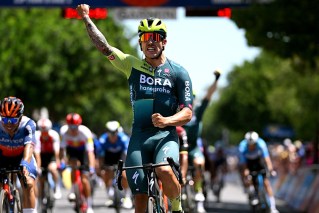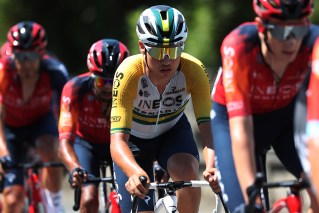UCI slammed in new Armstrong report
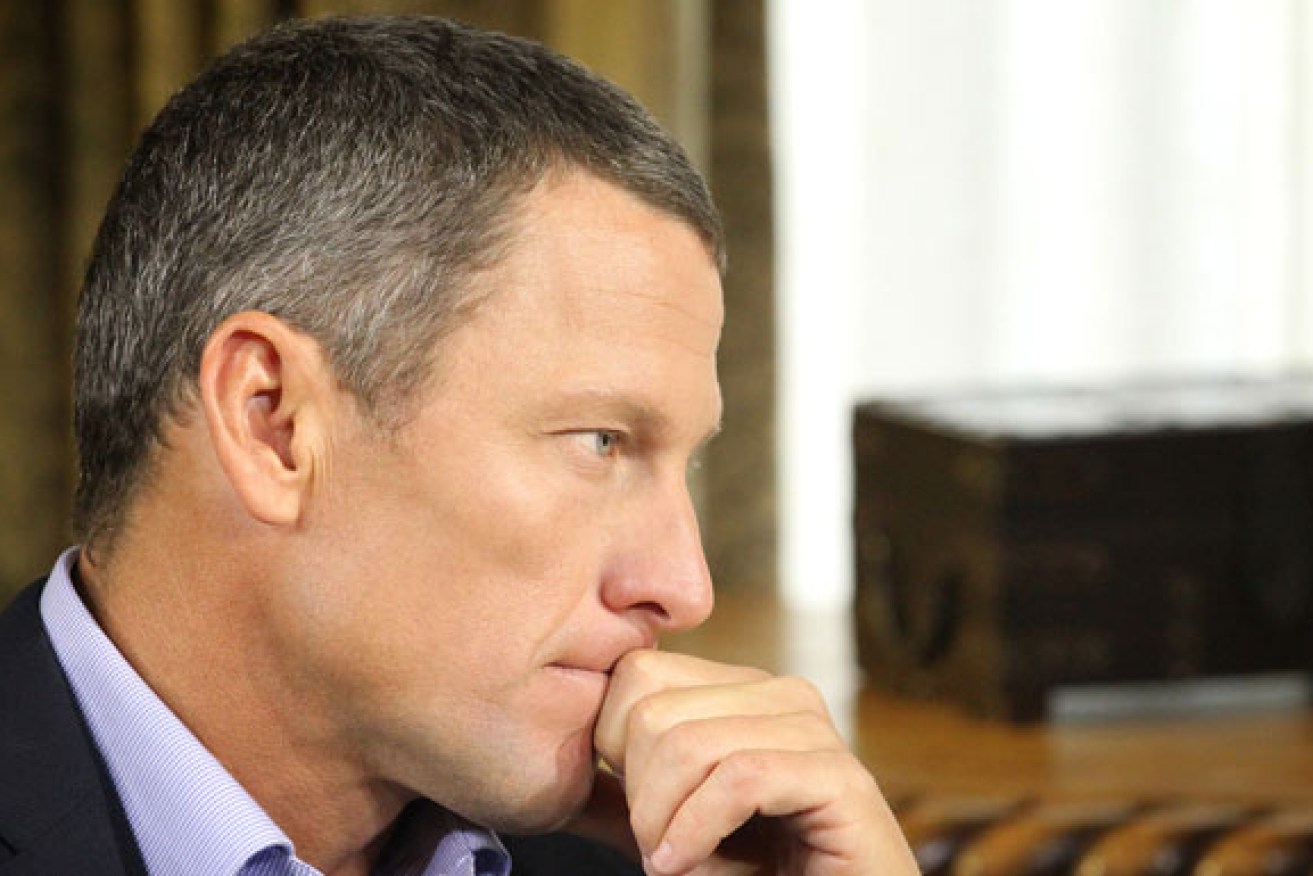
An independent commission has accused top leaders of cycling’s world body of protecting Lance Armstrong despite mounting signs the disgraced Tour de France winner was a doping cheat.
The commission also slammed money and benefits used during elections for the presidency of the International Cycling Union (UCI) and called for major changes in the way it’s run.
The Cycling Independent Reform Commission (CIRC), led by Dick Marty, a Swiss politician and former state prosecutor, was set up following allegations Armstrong made cash donations to the UCI in a bid to cover up doping failures.
• Cycling cheat Lance Armstrong fined $10 million
• Lance Armstrong hits car, blames girlfriend
Armstrong, who defeated cancer to go on and win seven straight Tour de France races from 1999 to 2005, was stripped of his titles in 2012 and banned from the sport for life.
The fallen US cycling hero, 43, now admits taking banned substances.
The commission said it found no links between donations amounting to $US125,000 ($A162,000) he made to the UCI and a cover up of his drug test failures.
However, the CIRC gave a damning assessment of efforts by the UCI under past presidents Hein Verbruggen and Pat McQuaid to shield Armstrong from investigation.
“Numerous examples have been identified showing that UCI leadership ‘defended’ or ‘protected’ Lance Armstrong and took decisions because they were favourable to him,” the commission’s reported stated.
“This was in circumstances where there was strong reason to suspect him of doping.”
The commission also claimed the UCI purposely limited the scope of one 2005 independent investigation into Armstrong.
“UCI exempted Lance Armstrong from rules, failed to target test him despite the suspicions, and publicly supported him against allegations of doping, even as late as 2012,” the report read.
In 1999, Armstrong was allowed to provide a backdated doctor’s prescription “to avoid sanction” during the 1999 Tour de France when four out of 15 tests taken showed banned corticosteroids.

Lance Armstrong during the 2004 Tour de France. Photo: Getty
When Armstrong made a comeback in 2009, the UCI allowed him to compete in the Tour Down Under in Australia even though he had not been available for testing for the previous six months, as required.
The commission said it had information that McQuaid “made a sudden u-turn” to let Armstrong return 13 days early, against the advice of UCI staff.
It added that there was “a temporal link between this decision” and Armstrong’s move announced later the same day “to participate in the Tour of Ireland”.
McQuaid’s brother was an organiser of the race.
The commission said Armstrong was seen as the “perfect choice to lead the sport’s renaissance” after the Festina drug scandal on the Tour de France in 1998.
“The fact that he was American opened up a new continent for the sport, he had beaten cancer and the media quickly made him a global star.”
The commission highlighted lapses in cycling’s general anti-drug regime including drug testers sometimes leaking information about who would be the target of tests.
It said there were “serious allegations” that riders from one unnamed country paid what was called an “anti-doping tax” to avoid tests.
The commission said the the accusations were received late in its mandate so had been passed to the UCI for further investigation.
-AAP
